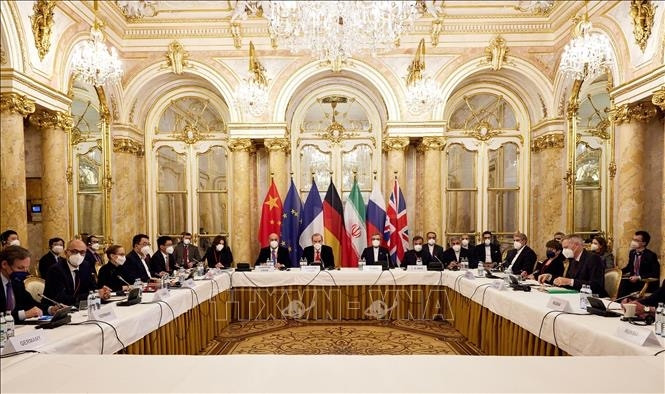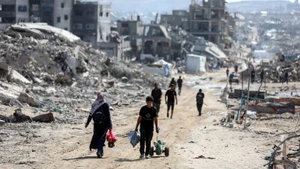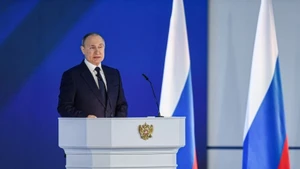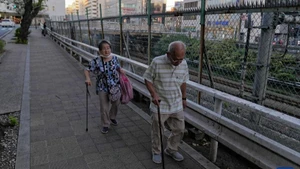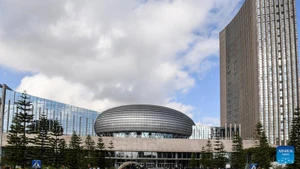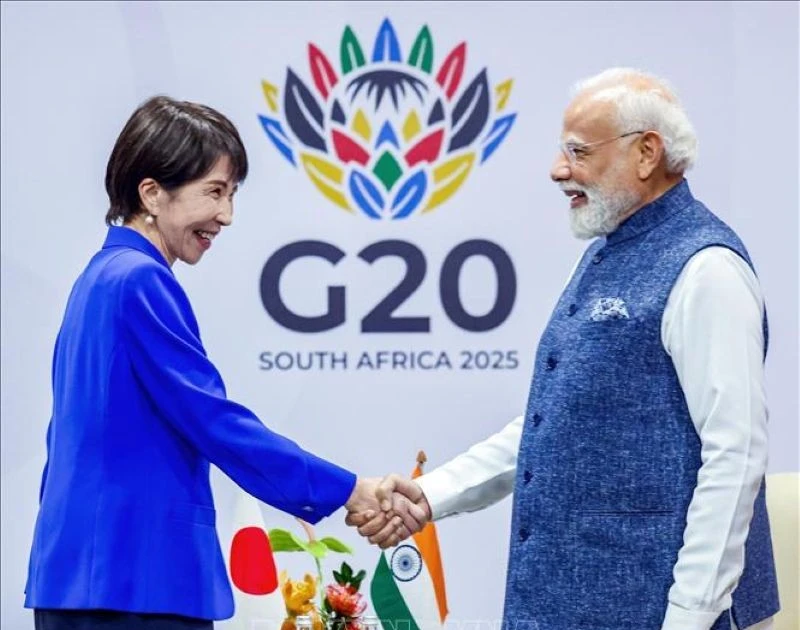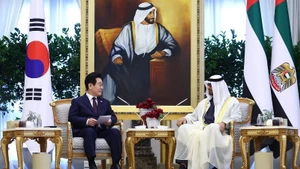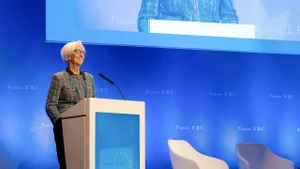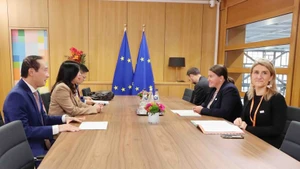The talks are aimed at restoring the nuclear deal, called the Joint Comprehensive Plan of Action (JCPOA) and signed by Iran and the P5+1 group in 2015, after which the US withdrew in 2018. Restarting in April 2021 in Vienna (Austria), the talks have undergone eight rounds. Representatives from Iran, France, the UK, Russia, China and Germany have directly participated in the negotiations, while the US only negotiates indirectly through the European Union (EU).
Emphasising the particular importance of the current stage of negotiations, the spokesperson for the US Department of State said that Washington recognises that Iran's nuclear programme has made progress that the 2015 deal no longer guarantees the basics, if it remains unmodified.
The head of the Chinese delegation to the United Nations Office in Geneva (Switzerland) called on the parties to make political decisions in the final stages of the negotiations. Speaking at a meeting of the Joint Commission on the Iran nuclear deal, the Chinese representative said that the negotiations have entered an important final stage and therefore, parties need to show political determination to reach an agreement. A spokesman from the French Foreign Ministry urged the negotiating parties to reach an agreement this week.
Meanwhile, Iran called on Western countries to decide on a number of important issues in order to restore the JCPOA. Iran stated that current outstanding issues include the extent to which sanctions would be rolled back, providing guarantees on the US not withdrawing from the agreement again and on the implementation of Iran’s nuclear commitments.
On March 1, a spokesman from the Iranian Foreign Ministry said that Tehran wants to reach agreement but will not wait forever. Iran will not accept any deadlines unilaterally set by the West for the restoration of the nuclear deal.
The Iranian side also emphasised that reaching an agreement is within reach and the US needs to make a decision. Tehran affirmed that if the US and Western countries respect Iran's reasonable claims and make decisions, Iran will certainly sign the nuclear agreement as soon as possible.
Iran's chief nuclear negotiator returned to Vienna last weekend, with a clear direction to pursue negotiations aimed at resolving the issues related to the restoration of the JCPOA. Iran's chief negotiator said that the parties have reached the final stage of negotiations, but there is no guarantee they will mean the signing of an agreement. Extra caution, perseverance, additional creativity and a balanced approach is still required to get to the final step.
Earlier, media also reported that the parties to the negotiations in Vienna drafted an agreement that would pave the way for the restoration of the JCPOA. Diplomatic officials said a number of issues remained “ambiguous” in the deal, including the reopening of Iran’s accounts, containing billions of US dollars in banks in the Republic of Korea, as well as the release of Western prisoners held in Iran.
Speaking during a phone call with the EU High Representative for Foreign Affairs and Security Policy just before the Vienna round of talks, the Iranian Foreign Minister stressed that Tehran's preference is to not cross its red lines in the JCPOA resumption negotiations. The outstanding issues can be resolved and a final agreement can be reached if the Western countries take a pragmatic approach.
Both the US and Iran are trying to show their determination to reach an agreement. On the other hand, both of them also show their toughness when they think the other's demands are too difficult to accept.
